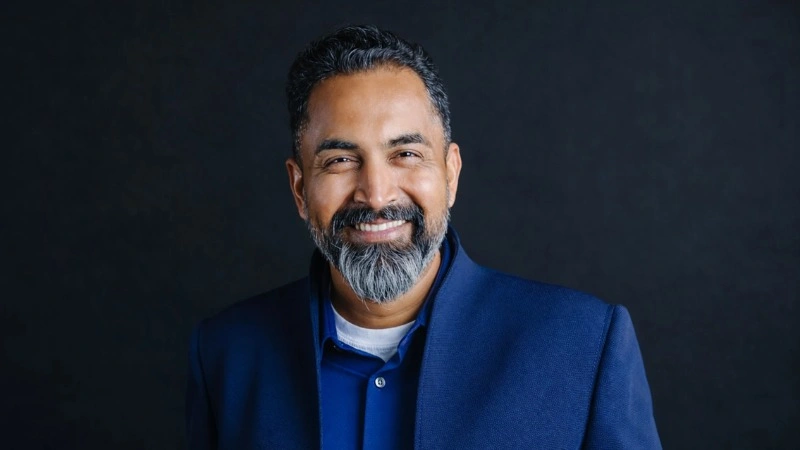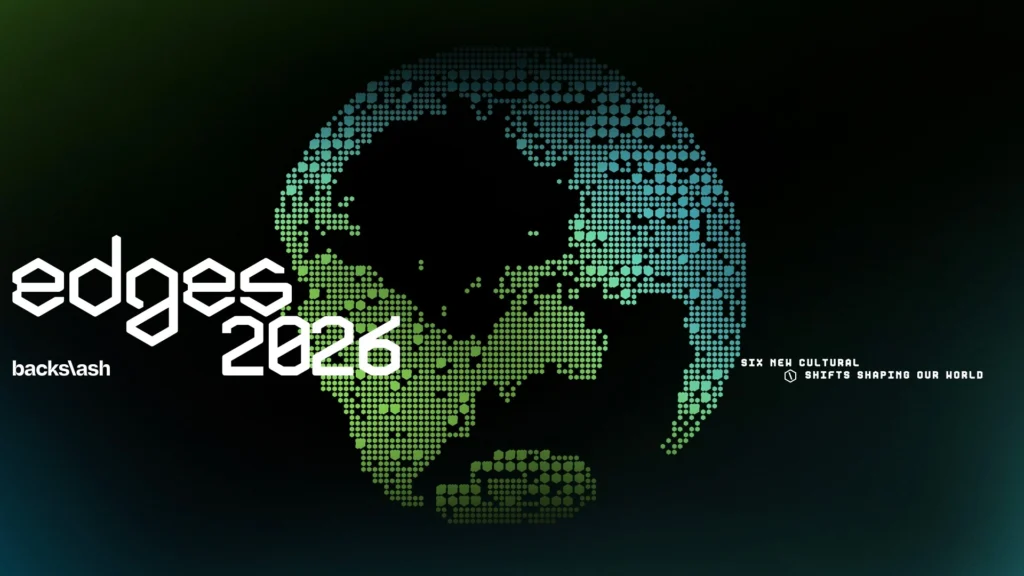Violent clashes over Jerusalem escalated dramatically on Monday with Gaza health officials saying at least 20 people, including nine children, were killed by Israeli air strikes launched after Palestinian militant groups fired rockets close to Jerusalem.
Israel’s military said it carried out strikes against armed groups, rocket launchers and military posts in Gaza after militants there crossed what Israeli Prime Minister Benjamin Netanyahu called a “red line” by firing on the Jerusalem area for the first time since a 2014 war.
The rocket fire and Israeli air strikes continued late into the night, with Palestinians reporting loud explosions close to Gaza City and across the coastal strip. Shortly before midnight local time, Israel’s military said Palestinian militants had fired around 150 rockets into Israel, of which dozens were intercepted by its missile defence systems.
U.S. Secretary of State Antony Blinken said the rocket attacks from Gaza against Israel should stop “immediately.” He urged all sides to take steps to reduce tensions.
See: Explained: Why Jerusalem is boiling during Ramadan
Monday began with early-morning confrontations at Al-Aqsa Mosque in the heart of Jerusalem’s walled Old City on the compound known to Jews as Temple Mount and to Muslims as the Noble Sanctuary – the most sensitive site in the Israel-Palestinian conflict.
The Palestine Red Crescent Society said more than 300 Palestinians were injured in clashes with Israeli police, who fired rubber bullets, stun grenades and tear gas in the compound. Police said 21 officers were hurt in the skirmishes.

A relative of a Palestinian is comforted at a hospital in the northern Gaza Strip. (Photo:Reuters)
The upsurge in violence came as Israel celebrated “Jerusalem Day”, marking its capture of East Jerusalem in the 1967 Arab-Israeli war.
In an effort to defuse tensions, police changed the route of a traditional Jerusalem Day march, in which thousands of Israeli flag-waving Jewish youth were due to walk through the Old City near Damascus Gate, a flashpoint in recent weeks.
But although the trouble had died down by mid-morning, there were other focal points of tension, including the Sheikh Jarrah neighbourhood of East Jerusalem just north of the Old City where several Palestinian families face eviction from homes claimed by Jewish settlers in a long-running legal case.
Also See: UN Security Council holds urgent meet on Jerusalem unrest but skips statement
Demanding that Israel remove its police from Al-Aqsa and Sheikh Jarrah, Hamas, the Islamist militant group that controls Gaza, set a 6 p.m. (1500 GMT) deadline for the forces to be withdrawn.
Even as the marchers were diverted toward Jaffa Gate, sirens sounded alerting Israelis to incoming rockets from Gaza, forcing the marchers and other Israelis to flee for cover in Jerusalem, nearby towns and in Israeli communities near Gaza.
Israel views all of Jerusalem as its capital, including the eastern part that it annexed after the 1967 war in a move that has not won international recognition. Palestinians want East Jerusalem for the capital of a state they seek in Gaza and the Israeli-occupied West Bank.
Tension had been building for weeks during the Muslim holy month of Ramadan, amid clashes between Israeli security forces and Palestinian protesters prompting international concern that events could spiral out of control.
Hamas and the smaller Islamic Jihad militant group claimed responsibility for the rocket fire on Jerusalem.
Abu Ubaida, a spokesman for Hamas’s armed wing, said it had launched “a rocket strike against the enemy in the occupied Jerusalem in response to their crimes and aggression against the holy city and its aggression against our people in Sheikh Jarrah and Al-Aqsa mosque.”
In response, Netanyahu said: “The terrorist organisations crossed a red line on Jerusalem Day and attacked us, on the outskirts of Jerusalem.”
He added: “Israel will respond very forcefully. We will not tolerate attacks on our territory, our capital, our citizens and our soldiers. Whoever strikes us will pay a heavy price.”
VIOLENCE AROUND AL-AQSA MOSQUE
For Hamas, some commentators said, its challenge to Israel was a sign to Palestinians that it rather than Palestinian President Mahmoud Abbas was now calling the shots in holding Israel accountable for events in Jerusalem.
Israeli military spokesman Lieutenant-Colonel Jonathan Conricus said that at least six of the rockets fired from Gaza were launched towards Jerusalem’s outskirts, where a house was hit. No casualties were reported.
“We have started to attack Hamas military targets,” Conricus said in a briefing to reporters, putting no timeframe on any Israeli offensive. “Hamas will pay a heavy price.”
He said the military was looking into reports that children had been killed.
“We had multiple events of rockets fired by Gaza terrorists falling short. This might be the same,” Conricus said.
Along the fortified Gaza-Israeli border, a Palestinian anti-tank missile fired from the tiny coastal territory struck a civilian vehicle, injuring one Israeli, he said.
After learning of the deaths in Gaza, President Abbas decided to cancel celebrations of the upcoming Eid El-Fitr that marks the end of Ramadan, and limit them to religious rituals only, according to a statement published by the official WAFA news agency.
The report said he also decided to lower flags to half-mast “to mourn the souls of the martyrs of our people who were killed in the Israeli bombardment on Gaza Strip.”
International efforts to stem the violence appeared to have already begun. A Palestinian official told Reuters that Egypt, Qatar and the United Nations, which have mediated truces between Israel and Hamas in the past, were in contact with the group’s leader Ismail Haniyeh.
Also Read | Palestinians, Israel police clash at Al-Aqsa mosque, 53 hurt
Also Read | Palestinians cheer as Israeli barriers come down after Jerusalem Ramzan clashes












